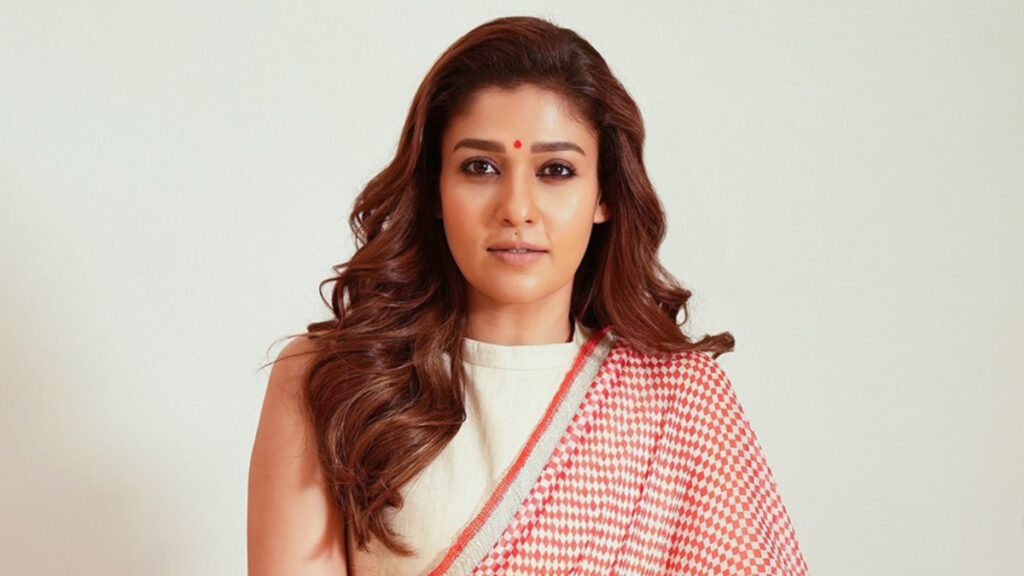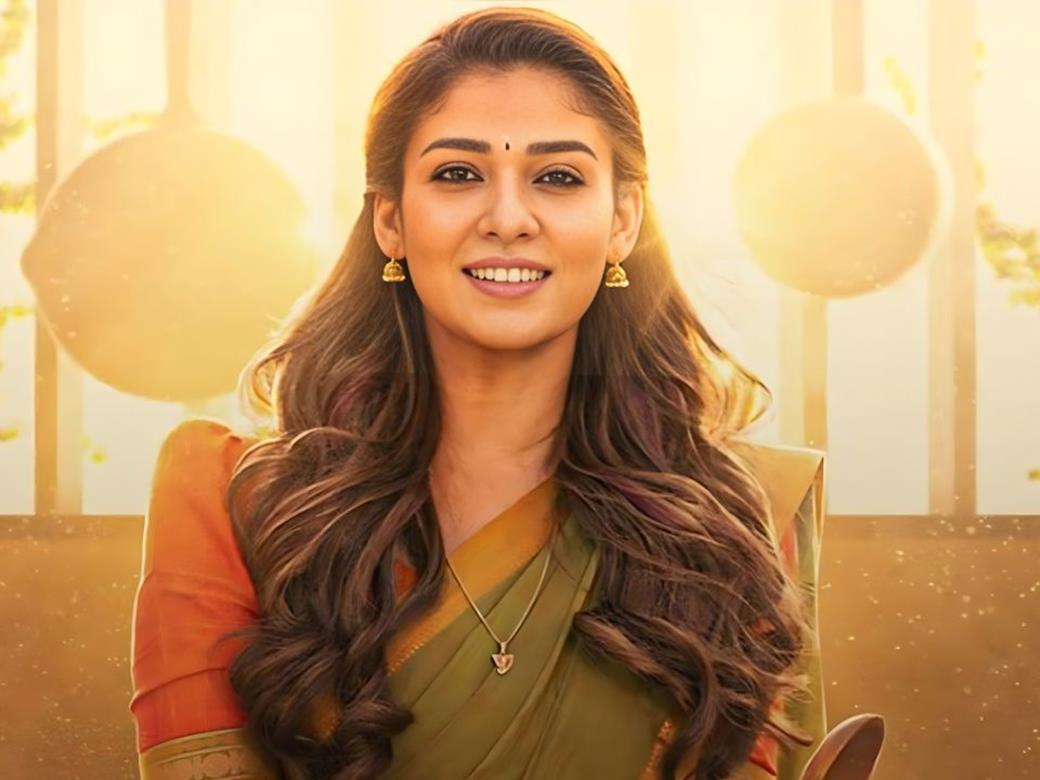A film with noble intentions, caught in the crossfire of cultural sensitivities, has sparked a nationwide debate in India. “Annapoorni,” starring the celebrated actress Nayanthara, aimed to celebrate a woman’s culinary journey and challenge societal constraints, but it ended up stirring a complex potpourri of controversy, ultimately leading to its removal from Netflix and an apology from the film’s lead.
Nayanthara’s “Annapoorni”: A Film Caught in the Crossfire of Controversy

At the heart of the film lies Annapoorni, a young woman born into a conservative Brahmin family, who dreams of becoming a chef. Her passion for cooking clashes with the stringent religious expectations of her upbringing, particularly the taboo in some Brahmin communities surrounding the consumption of non-vegetarian food. This internal conflict, interwoven with her culinary aspirations, forms the crux of the narrative.
However, “Annapoorni” ventured into sensitive territory when it incorporated interfaith elements. A scene depicting a Muslim character discussing Lord Rama’s consumption of meat, and another showing a Hindu character offering namaz before cooking biryani, raised eyebrows and triggered accusations of religious insensitivity. These sequences, intended to promote inclusivity and challenge narrow interpretations of faith, ignited a firestorm of controversy.
Controversial Culinary Journey
Protests erupted, alleging that the film hurt Hindu religious sentiments. Social media became a battleground, with accusations and counter-accusations flying thick and fast. An FIR was filed against the film’s cast, crew, and streaming platform, demanding action for the perceived offense.

Faced with mounting pressure, Zee Studios, the film’s co-producer, issued a prompt apology, expressing regret for any unintentional hurt caused to Hindu and Brahmin communities. This was followed by Nayanthara herself, in an unprecedented move, taking responsibility and issuing a heartfelt apology on social media platforms.
Titled “Jai Shri Ram,” her note struck a personal chord. She reiterated the film’s positive intentions of empowering women and promoting inclusivity, acknowledging that certain scenes “may have inadvertently caused hurt.” She emphasized that the film had been cleared by the Central Board of Film Certification (CBFC) and expressed their surprise at its removal from Netflix. Most importantly, she conveyed her deep respect for religious beliefs and offered sincere apologies to anyone whose sentiments were unintentionally offended.
Nayanthara’s Apology Sparks Debate on Artistic Freedom
Nayanthara’s apology, laced with vulnerability and humility, resonated with a large section of the audience. Many lauded her courage in addressing the controversy head-on, acknowledging the hurt caused, and emphasizing respect for faith. Others, however, remained unconvinced, arguing that the film’s depiction of certain sensitive issues could not be excused as mere oversight.
The “Annapoorni” controversy raises several pertinent questions. Can art challenge societal norms and engage with sensitive topics without causing offense? How do we navigate the tricky territory of artistic expression within the framework of religious and cultural sensitivities? And how can open dialogue and mutual respect pave the way for a more inclusive and understanding society?
Annapoorni’s Removal from Netflix
The film’s removal from Netflix is a blow to artistic freedom and freedom of expression. It sets a worrying precedent where creative voices can be silenced by the threat of backlash and controversy. However, it also highlights the importance of responsible storytelling, where sensitivity towards diverse religious and cultural beliefs is paramount.
Also Read: Dua Lipa and Callum Turner: A Night of Romance in Los Angeles
Ultimately, the “Annapoorni” saga is a case study in the complex interplay between art, faith, and freedom. It is a reminder that artistic expression, while always pushing boundaries, must be mindful of the sensitivities it might touch. Moving forward, open dialogue, mutual respect, and a willingness to understand diverse perspectives are key to navigating these cultural minefields, ensuring that art can continue to flourish while fostering a more tolerant and inclusive society.

1 thought on “A Culinary Conundrum: Nayanthara’s Annapoorni, Controversy, and Apologies”